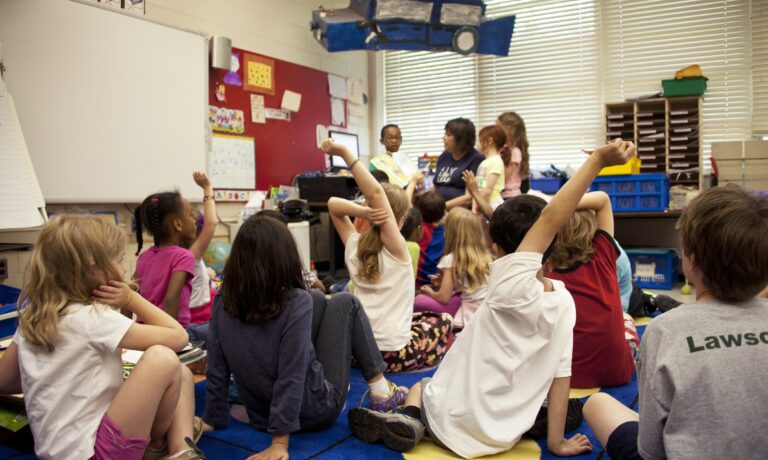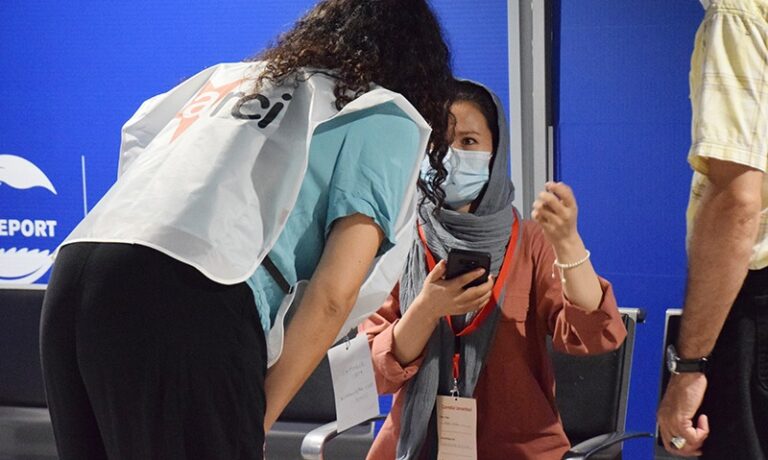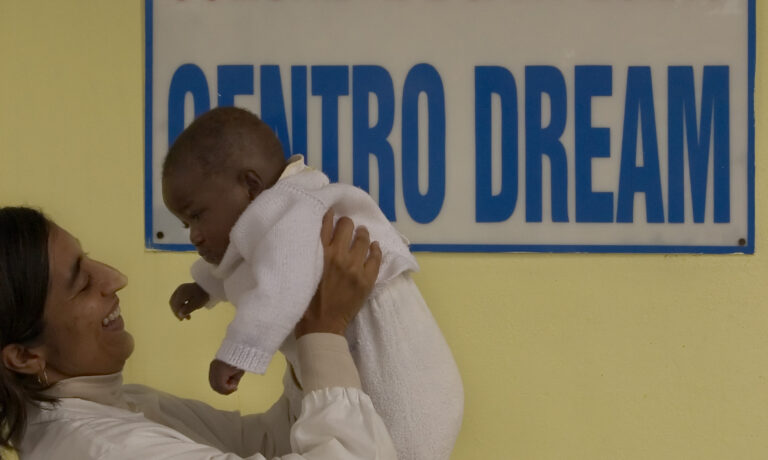I giardini incantati del mare
Adopting replicable best practices to halt biodiversity loss and protect endangered marine species.
Starting date
1 October 2024Duration
18 monthsRealized by:
Ubica (Underwater Bio-Cartography) S.r.l.Objectives
Restore 100m2 of regressing Posidonia areas by planting over 500 cuttings to improve the biodiversity of the associated community and restore the ecosystem services provided by the plant.
Through Citizen Science initiatives, educate and inform volunteers, enhancing their perceptions and consequently their behaviors, reducing their environmental impact, and raising awareness about the importance of marine conservation.
Engage and educate over 300 students and teachers in all municipal schools through theoretical lessons, volunteer testimonials, and beach outings, to discuss the sea and Ocean Literacy, using the beach as an open-air laboratory.
Marine plants, known as seagrasses, are among the world’s richest habitats in biodiversity, and are the most efficient ecosystems for storing atmospheric carbon (retaining 10 times the amount of CO2 as temperate forests). They also play a crucial role in coastal protection and erosion prevention. Among seagrasses, Posidonia oceanica is the most important due to its essential ecosystem services.
Increasing human pressures (e.g., pollution, anchoring, climate change) have caused a loss of over 50% of their original area on the seafloor along Italian coasts.
The goal of this project is to create a replicable best practice along all Italian coasts to halt biodiversity loss, protect endangered marine species, and foster the necessary awareness to adopt virtuous environmental behaviors, especially for the sea.
The project includes: a reforestation intervention in a meadow portion in the sea area off Ospedaletti (Imperia, Liguria); direct Citizen Science actions involving local diving centers, volunteer divers, and snorkelers, who will participate in a monitoring event and be its witnesses; an educational campaign in all the municipal schools and beach outings to introduce the concept of Ocean Literacy; and a communication campaign for citizens, tourists, and local government representatives to showcase the project’s phases and results.



